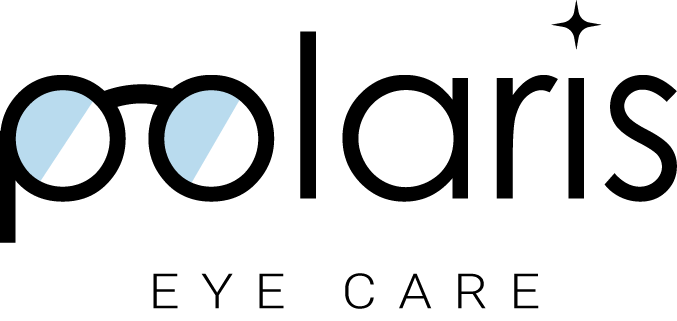Children’s Eye Exams
Infant (6 months)
The College of Optometrists recommend your child’s first eye exam at 6 months old. Dr. Yew will evaluate your child’s eye tracking abilities, eye alignment, and prescription to ensure it is within the expected range (i.e. farsightedness, nearsightedness, astigmatism). She will also examine for the presence of congenital eye disease such as retinoblastoma, blocked tear duct, and congenital cataracts. At this age, Dr. Yew will rely mainly on objective testing results. She may discuss with you activities to do at home with your infant to promote their visual development. Visual abilities play a key role in early development, so don’t delay in bringing your child in for an eye exam.
Preschool (2-3 years)
Following your child’s first eye exam at 6 months, the College of Optometrists recommend the next exam at 3 years old, and yearly after that. At this stage, your child is learning by actively engaging with their environment and new forms of play. Visual skills such as depth perception and visual-motor coordination are essential to your child’s learning. Often, you child will not verbalize any visual struggles because they assume that everyone else sees the way they do. That is why it is important to bring your child in for a comprehensive exam to ensure efficient visual skills are present to curb their desire for discovery.
School-age
Yearly comprehensive eye exams are recommended for school aged children. As your child grows, their eyes grow with them, and for some this may mean prescription glasses are needed to see clearly in the classroom. Aside from a prescription, additional visual skills must work in a coordinated manner to achieve clear, comfortable, and single vision. If any of these visual skills are impaired, your child may exhibit various symptoms that can take away from important academic tasks such as reading efficiency and comprehension. Increased visual demands at school can point out a vision problem that was not previously apparent. If your child struggles with these symptoms, please call in to schedule an appointment. Dr. Yew may recommend a visual skills assessment to investigate further into how your child is using his/her eyes.
Dr. Yew is a participating eye doctor for The Eye See Eye Learn program which allow a free pair of glasses to children in Junior Kindergarten if they require them.




